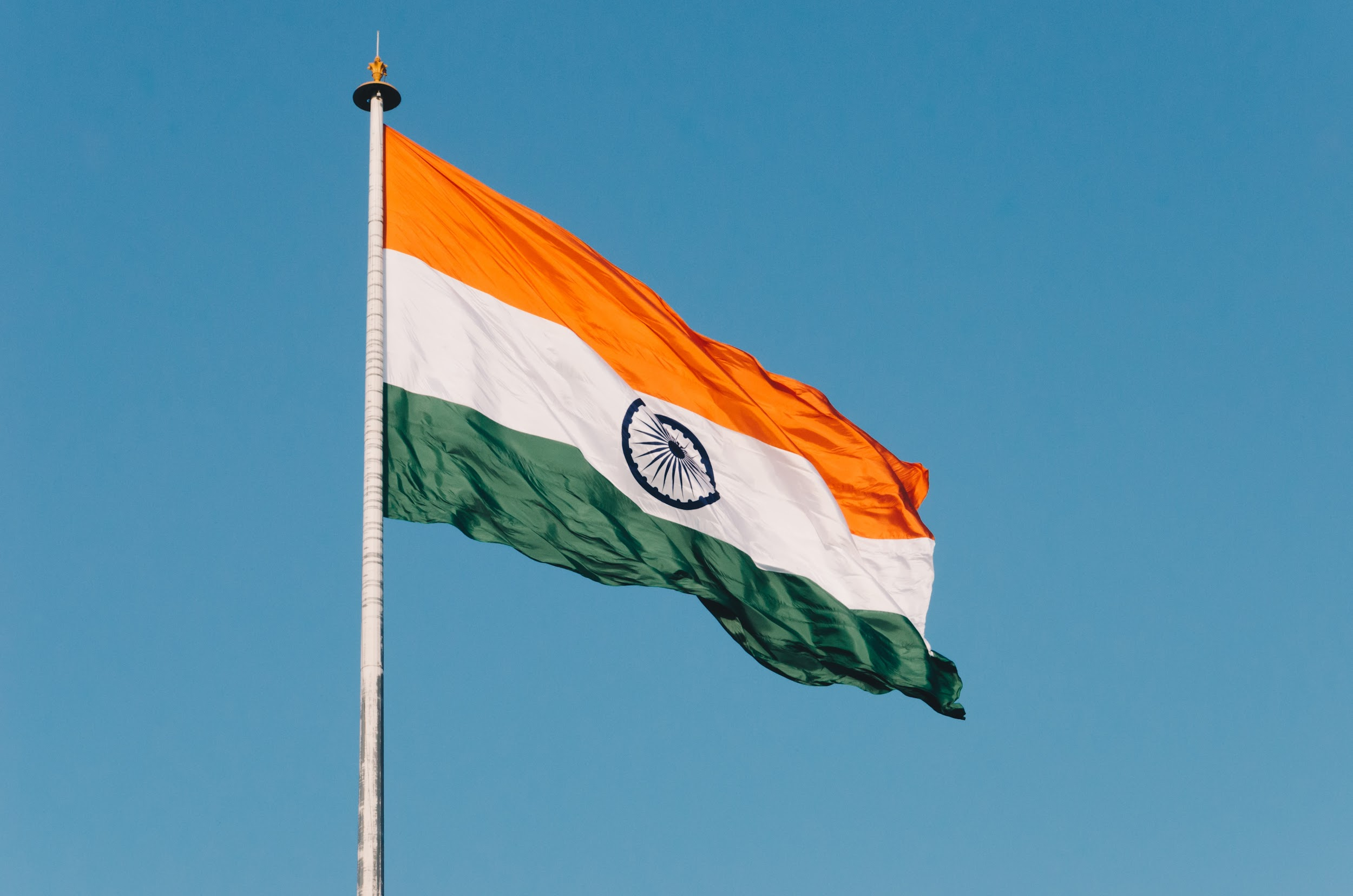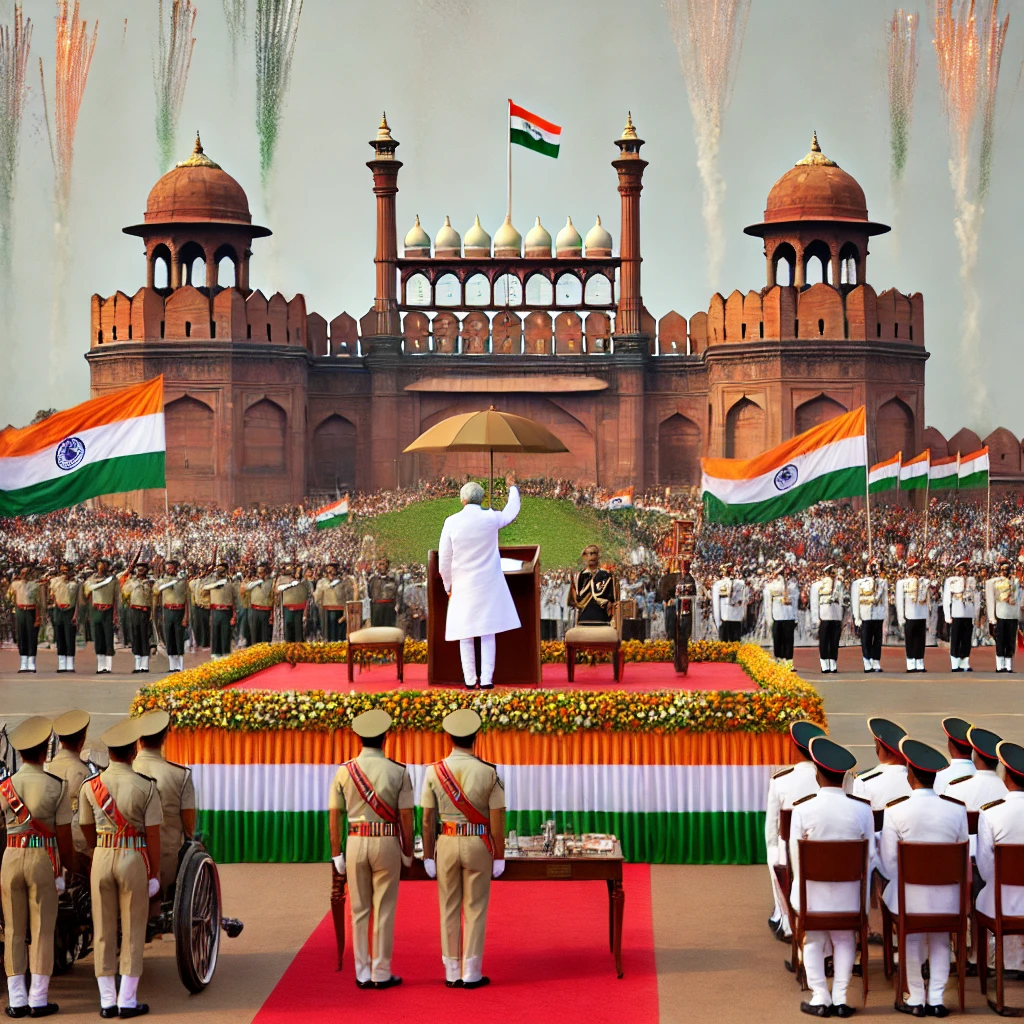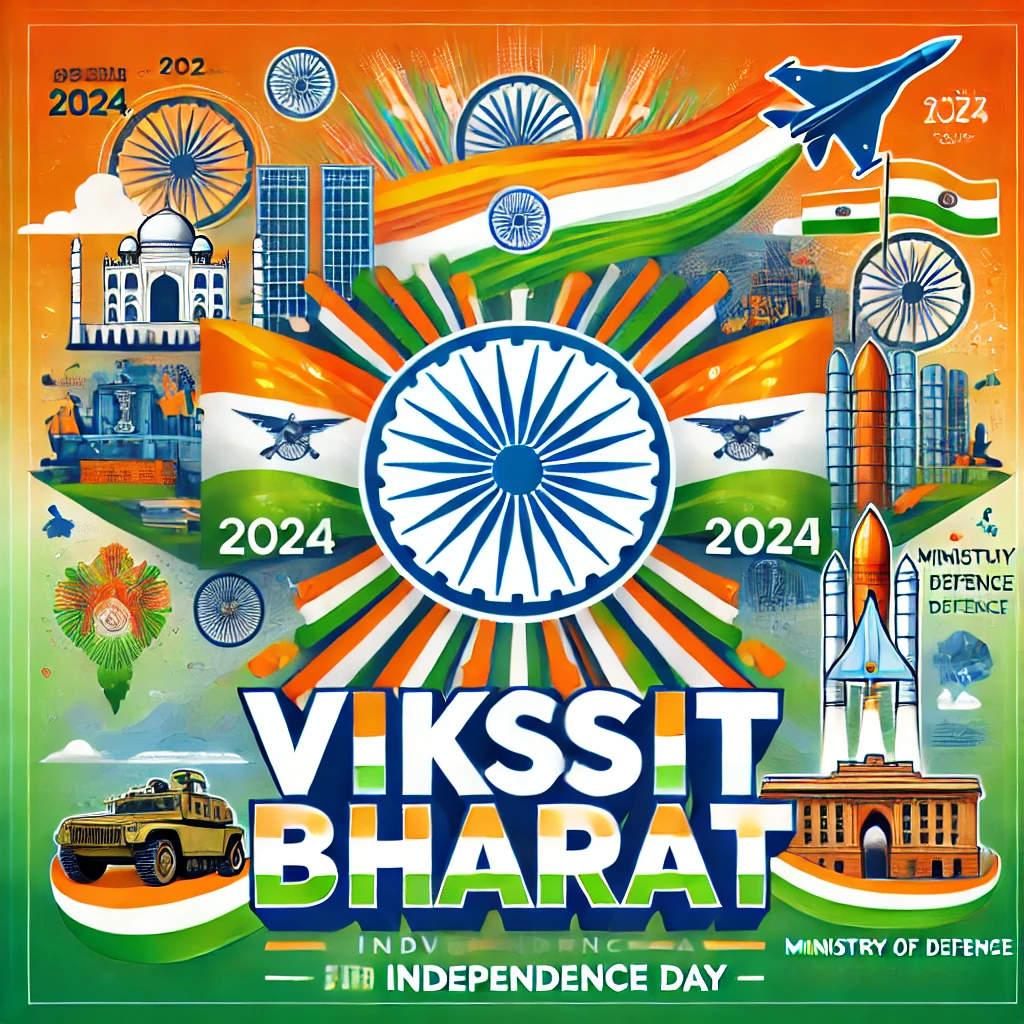Why Do We Celebrate Independence Day in India?
Independence Day is one of the most special days in India. Every year on 15th August, we celebrate the freedom our country got after years of struggle. In 2025, we will mark the 79th Independence Day with pride and joy, remembering the brave people who fought for our freedom.
This day is not just about remembering the past—it’s also a time to learn important values like courage, unity, and responsibility. It helps young people like us understand the true meaning of freedom and carry that spirit into the future.

Historical Background: The Path to Freedom
- India’s path to freedom was marked by decades of courage, protest, and unity. Under colonial rule for almost 200 years, countless leaders and citizens—Mahatma Gandhi, Jawaharlal Nehru, Sardar Patel, and many others—led the struggle against British oppression.
- Mass movements like the Non-Cooperation, Civil Disobedience, and Quit India Movements mobilized millions.
The efforts culminated in the Indian Independence Act of 1947, under which India became a free and sovereign nation on 15 August 1947. The first tricolor flag soared over Red Fort, as Pandit Nehru addressed the nation, a tradition upheld every year.
Why Do We Celebrate Independence Day?
- Honours the sacrifices of countless freedom fighters who gave their lives for the country.
- Reminds all citizens, especially students, of the value of self-rule, democracy, and national unity.
- Promotes a sense of pride and responsibility towards the nation’s progress and harmony.
- Encourages everyone to reflect on India’s journey and the principles of justice, equality, and fraternity.
How is Independence Day Celebrated in India?
Independence Day is observed with much enthusiasm nationwide. The Prime Minister hoists the national flag at Red Fort, followed by a 21-gun salute and a speech broadcast to the entire country.
In schools and colleges, students gather for flag-hoisting, singing the national anthem, and participating in parades and cultural programs featuring patriotic songs, dances, and drama.

Local communities organize events to honour national heroes, and television channels air historical films, documentaries, and special programs on freedom fighters. Many families spend the day making traditional dishes and decorating their homes with tricolor themes.
Independence Day 2025: What’s New for Students?
- Schools and colleges are conducting hybrid (online + offline) events, making it easy for all students to participate in competitions and celebrations.
- There is a focus on eco-friendly celebrations: digital posters, virtual assemblies, and planting trees as a symbolic act for a greener India.
- Students are encouraged to participate in essay competitions, debates, and quizzes about India’s journey to independence and its cultural values.
- Online classes and webinars are available, including live history sessions and creative workshops on why we celebrate Independence Day.
- Special activities: singing patriotic songs, preparing tricolor-themed snacks, and making virtual group presentations celebrating freedom fighters.

Inspirational Tales: Remembering the Freedom Fighters
Every Independence Day, we recall the lives of leaders such as Mahatma Gandhi, Subhas Chandra Bose, Bhagat Singh, and many unsung heroes whose courage paved the way for freedom. Their stories inspire students to work for the nation with honesty and empathy.
Students can read or present on these great personalities—check out Freedom Fighters Essay or stories on Pandit Jawaharlal Nehru and Mahatma Gandhi to reinforce these values.
Engaging with Vedantu: Learn, Participate, Grow
Vedantu supports student engagement by offering:
- Curated essays, speeches, and report-writing guides for Independence Day events.
- Interactive quizzes and seminars on the freedom movement.
- Tips and model content for welcome speeches, report writing, and themed competitions—see Welcome Speech for Independence Day and Report Writing Guide.
- Resourceful links to explore India’s history, culture, and inspiring leaders.
Educational Takeaways & Ideas for Students
- Host online or on-campus essay and art competitions themed on independence, unity, and diversity.
- Participate in flag hoisting and respect the national anthem (“Jana Gana Mana”).
- Read about the Indian Constitution, diversity, and social values from NCERT resources.
- Organize community service drives—like cleanliness campaigns or tree-planting.
- Reflect on “unity in diversity” and prepare group presentations, drawing on Unity in Diversity lessons or India After Independence.
Conclusion: Honouring Our Freedom
Independence Day 2025 is a time to feel proud and remember how India became free. Students should learn from our history, take part in celebrations and be responsible citizens. Let’s respect our freedom and do our best to make India even better.
FAQs on Independence Day 2025: Meaning, History, and Fun Ways to Celebrate
1. What is the main message of Independence Day for students?
The main message of Independence Day for students is to respect and love their country, remember the sacrifices of freedom fighters, and understand the importance of national unity and responsibility. This celebration encourages students to become responsible citizens and take pride in India's freedom and heritage.
2. How can I prepare for an Independence Day school speech?
To prepare a strong Independence Day school speech:
- Begin with a respectful greeting to principal, teachers, and students.
- State the significance of 15th August, marking India's freedom.
- Mention key freedom fighters like Mahatma Gandhi and their sacrifices.
- Share what Independence Day means to students and citizens.
- End with a patriotic message such as "Jai Hind."
3. Why is Independence Day celebrated on 15th August?
Independence Day is celebrated on 15th August because India officially became free from British colonial rule on this day in 1947. This date marks the historical moment when the Indian national flag was hoisted at Red Fort, signifying the start of a sovereign nation.
4. How do schools celebrate Independence Day as per CBSE guidelines?
Schools follow CBSE guidelines by celebrating Independence Day with:
- Flag hoisting and singing the National Anthem
- Cultural activities including patriotic songs and dances
- Essay and speech competitions
- Craft and drawing contests on national themes
- Special assemblies highlighting freedom fighters
5. Who were some important leaders in India's independence movement?
Important leaders in India's independence movement include:
- Mahatma Gandhi – Led non-violent movements
- Pandit Jawaharlal Nehru – First Prime Minister of India
- Sardar Vallabhbhai Patel – United the nation
- Subhas Chandra Bose – Fought actively for freedom
- Rani Lakshmi Bai and Bhagat Singh – Brave freedom fighters
6. What are some common Independence Day activities for students?
Common Independence Day activities for students include:
- Flag hoisting and anthem singing
- Essay writing, speeches, and debates
- Cultural performances like dances, patriotic songs, and skits
- Drawing and craft competitions on freedom and national symbols
- Storytelling sessions about freedom fighters
7. How can you start and end an Independence Day speech?
Start your speech with:
- "Good morning respected principal, teachers, and my dear friends."
- Or: "Today, we gather to celebrate India’s Independence Day..."
- "Let us all pledge to serve our nation with pride."
- Or: "May the Indian flag always fly high. Jai Hind!"
8. What is the significance of the national flag in Independence Day celebrations?
The national flag symbolizes the country's freedom, unity, and integrity. On Independence Day, hoisting the flag honors those who fought for independence and fills citizens with national pride and respect for the values represented by the tricolour.
9. What is the meaning of patriotism for students on Independence Day?
Patriotism for students on Independence Day means loving the country, respecting national values, and contributing positively as future citizens. It teaches the importance of unity, diversity, and civic responsibility.
10. What are three key takeaways for students from Independence Day celebrations?
From Independence Day celebrations, students learn:
- Respect for the sacrifices of freedom fighters and national heroes
- The importance of unity, discipline, and responsibility
- Pride in India's history, diversity, and democratic values
11. Is this the 78th Independence Day of India?
Yes, the 2025 Independence Day is the 78th celebration since India became independent on 15th August 1947. Each year commemorates the anniversary of India's freedom from colonial rule.
12. Why is learning about Independence Day important for students?
Learning about Independence Day helps students:
- Understand the nation's history and the struggle for freedom
- Develop a sense of national pride and responsibility
- Recognize the importance of civic duties, unity, and social harmony







